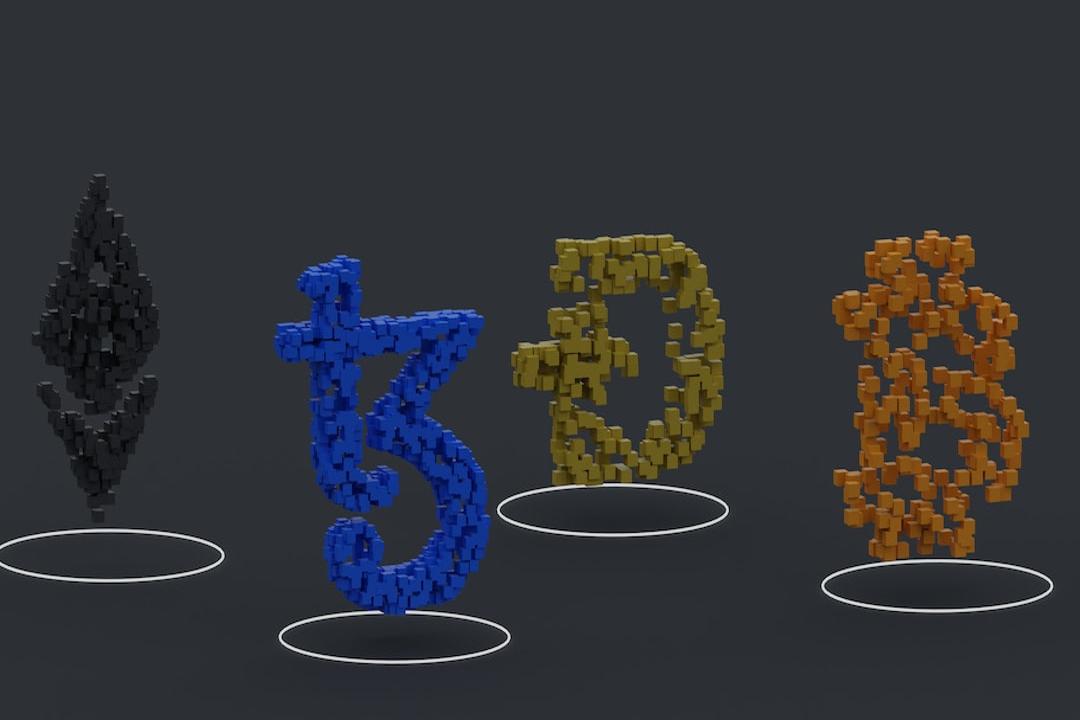Uniswap Labs, the development company behind the decentralized cryptocurrency exchange Uniswap, announced on Thursday the launch of Unichain, an Ethereum layer-2 network built on the OP Stack Optimistic rollup. Unichain aims to address the challenges faced by decentralized finance (DeFi) and achieve seamless multi-chain exchanges by becoming part of the Optimism Superchain and projects like ERC-7683. Currently, Unichain has been launched on the test network.
Providing “near-instant” transactions
Uniswap stated that Ethereum’s high level of decentralization has led to compromises in speed and cost for Layer 1 transactions. In order to expand the blockchain while maintaining decentralization, Ethereum has started to provide low-cost data on Layer 2 as part of its Rollup-centric roadmap. Unichain aims to utilize and accelerate Ethereum’s expansion roadmap by moving execution to L2.
Uniswap stated that, in the short term, Unichain will reduce transaction costs by approximately 95% compared to Ethereum L1, with further reductions over time. According to the announcement, Unichain will introduce one-second block times and 250 millisecond “sub-blocks” to provide users with a near-instant transaction processing experience. Faster block times can also improve market efficiency and reduce the value lost due to MEV. This improvement was achieved through collaboration with the block builder developed by MEV domain experts Flashbots.
Seamless multi-chain exchanges
Uniswap stated that while the launch of multiple L2s has helped reduce costs, it has also led to liquidity fragmentation and poor user experience. The establishment of Unichain is aimed at achieving seamless exchange usage regardless of the chain the user is on.
Uniswap also plans to launch cross-chain exchange functionality in the Uniswap interface and Uniswap Wallet shortly after the launch of Unichain, to further leverage cross-chain liquidity.
UNI token staking
According to the whitepaper, Unichain will introduce the decentralized validation network (UVN) to address risks associated with the single sequencer architecture. Uniswap stated that UVN allows nodes to validate blocks, increasing an additional layer of finality and reducing the risk of conflicts or invalid blocks.
To become a validator in UVN, node operators must stake UNI on the Ethereum mainnet. The Unichain test network is already online for developer participation, and the mainnet is expected to launch later this year. Uniswap Labs pointed out that Unichain is designed to be modular, allowing for the expansion of features such as TEE-based builders and validation networks, and the team will also be core developers for OP Stack, contributing to Ethereum’s scalability.
According to The Block, an anonymous developer revealed that the highly anticipated “preview version” of Uniswap V4 will also be deployed, expected to officially launch before the end of the year, showcasing all audited and revised content to date.

